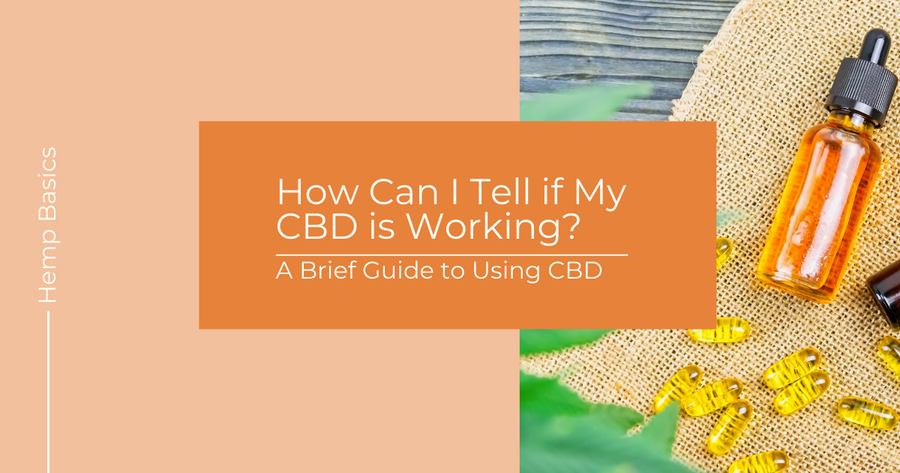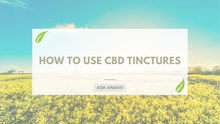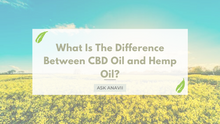Did you know that 300 million tons of plastic was commissioned by manufacturers in 2017? There's no doubt that this amount of plastic is drastically impacting our planet’s health and demanding an urgent need for a future with green alternatives.
Fortunately, well-known companies such as BMW, Mercedes and Bugatti have started manufacturing parts of certain vehicles with hemp plastic materials. For example, the latest Porsche model, the 718 Cayman GT4, uses hemp fibre panels made from the Dutch company Hempflax.
Hemp plastic is one of the most sustainable materials of the future, and is becoming an increasingly more popular resource to help replace the polluting materials that have been used for decades.
In the following article, we will discuss what hemp plastic is, its environmental benefits and the most common types of hemp bioplastics.
What is Hemp Plastic?
Hemp plastic is an eco-friendly alternative to oil-based materials that is non-toxic, pesticide-free and is both recyclable and biodegradable within six months.
Hemp plastics are made from 77% cellulose once the fibres are removed from the hemp stems. Cellulose, as you may know, is an integral part of the cell walls of plants, trees and many algae species.
According to a fiber analysis, hemp contains about 65-70% cellulose, and is considered a viable source due to its sustainability and low environmental impact. To compare, wood contains roughly 40% cellulose, flax contains 65-75% and cotton contains up to 90%.
Hemp plastic is the future of creating sustainable materials known as ‘bioplastics’ to help replace many petrochemical plastics, also known as oil-based plastics.
How Can Hemp Plastic Help the Environment?
Bioplastic materials containing hemp offer a significant number of environmental advantages. Since they are not made from fossil fuels, they do not release carbon dioxide when they decompose. In fact, most bioplastics are biodegradable and may help solve the climate crisis by reducing emissions produced by plastic.
Here are 5 different types of hemp bioplastics that can help replace polluting plastic materials:
1. Hemp cellulose
Since cellulose is the most abundant organic polymer on the planet, it can be used to make a variety of plastics, including cellophane, celluloid and rayon. Even the first plastics were made from organic and non-synthetic materials, where cellulose was the main component in the nascent plastics industry.
2. Cellophane, rayon and celluloid
Hemp cellulose can be used to make cellophane, rayon and celluloid, as well as other related plastics. Both cellophane and rayon are considered regenerative cellulose fibres, which is a class of materials converted to a soluble material.
3. Other materials made from hemp cellulose
Cellulose can be used to manufacture a variety of sustainable plastics, including nanocellulose, which is a “pseudo plastic” that mimics gel and becomes liquid when agitated or stressed. This material can be used in plastic compounds and serve as a highly absorbent agent to clean up oil spills or oil slicks, as well as manufacture sanitary products and be used as a low-calorie stabilizer in food production.
4. Hemp-based plastics
Hemp fibres are known for their tensile strength and are often used as reinforcement in composite materials, such natural polymers including tar, shellac and many tree resins. These composite materials including hemp could be used in the fabrication of products such as furniture, boats, musical instruments, shopping bags and car panels.
5. Organic biocomposite materials made from hemp
Hemp recently started being used as a filling material as the push for organic substances from biocomposites and biomaterials continues to develop. Several studieshave shown that biocomposite materials made from hemp are stronger, softer, more attractive and durable enough to be used in construction, flooring materials and furniture.
Have More Questions About Hemp Plastic? Contact Us Today!
While research still has a long way to go before the most sustainable alternatives to oil-based plastic are introduced, hemp is being widely recognized as having tremendous potential to help replace petroleum-derived plastics.
For more information about the hemp industry, you can contact Anavii Market below:
- Call – 502-209-8808
- Email – wellness@anaviimarket.com
- Message us on social media – @anaviimarket









